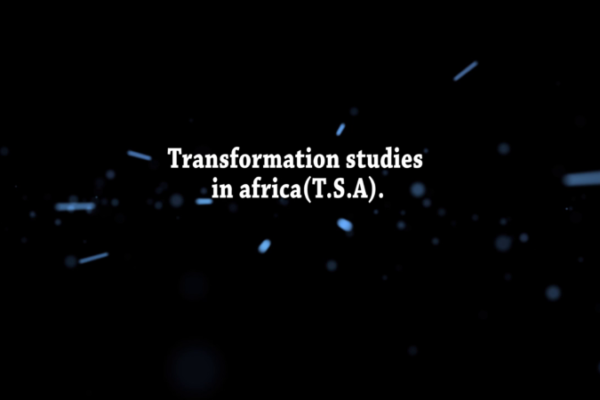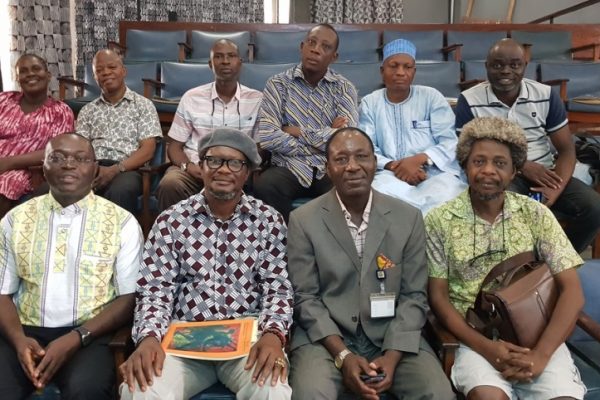The Pax herbal Clinic and Research Laboratories (PAXHERBALS) and its subsidiary, the Pax Integral Research and Development Initiative (OFIRDI) have signed an MOU with the Catholic Bishops Conference of England and Wales, to provide training in sustainable agribusiness for the young people of Edo State, Nigeria. The project is termed human livelihoods for self-sufficiency.
The objective of the human livelihoods project is to provide young people in Edo State and Nigeria with training and employment, both directly and indirectly, as an alternative to the risks of being trafficked into modern slavery and exploitation, injury, death and crime, which very many faces if they travel in reliance on the promises of ‘well-paid work’ abroad.
The human livelihoods project differs from the ‘help the poor’ approach that tends to make people perpetually dependent. The project is based on a model of development that gives a once-off help, to enable the trainee to become self-sufficient and independent.
The strategy is as follows:
- To develop training farms which offer young people the opportunity of training in agriculture and agri-business based on a contextual Straining model developed by
OFIRDI for African rural economies. This model provides a broad agricultural training, skills certification and the opportunity to develop interests in specific areas of agriculture or agri-business which can provide a post-training livelihood. - Pax Herbals buys all the agricultural products from the trainees and helps them to sell to buyers. In this way, Pax herbals serve as an intermediary between the farmers and the buyers to ensure proper pricing. It often happens that local farmers are forced to sell their perishable agriculture products such as tomato, mango, oranges, papaya and other fruits at giveaway prices because of lack of food preservation technology. If they don’t sell, then they lose everything as the products get spoilt easily. The buyers from the cities know this, so they compel the local farmers to sell to them at the lowest possible price, while they sell to consumers in the cities at the highest price.
- More importantly, the local farmers are taught to become manufacturers. This means that they cultivate innovative attitudes towards agriculture and business. Rather than the selling of their raw materials, they are trained to convert them into finished products. An innovation hub is being set up to coordinate the interaction between the producers, sellers and buyers. The income from such a centre would be used to provide stipends for youth who are undergoing training on the farms and thus encourage them to complete their training. Moreover, a role in, or operating such a business could provide livelihoods for trainees after completion of their agriculture and agribusiness programmes.
- For us, a new economic model that is built on African worldviews, cultural values, creativity and community is not only possible but urgently needed in Africa. Beyond money and finance, such an economic model, built on Nature, community, ecology and humanity, is a better driver of sustainable and integral development in Nigeria and Africa. A few examples: A $10 basket of tomato is sold for $100 when dried and packaged in sachets as tomato powder or chips. An $8 basket of fresh mango is sold for $200 when dried and converted into mango chips. A $2 tuber of yam is sold for $100 when the peels are dried into medicinal powder for sickle cell anaemia, and the tuber is dried and packaged as yam flour. The principle is simple: produce what you consume and consume what you produce.








